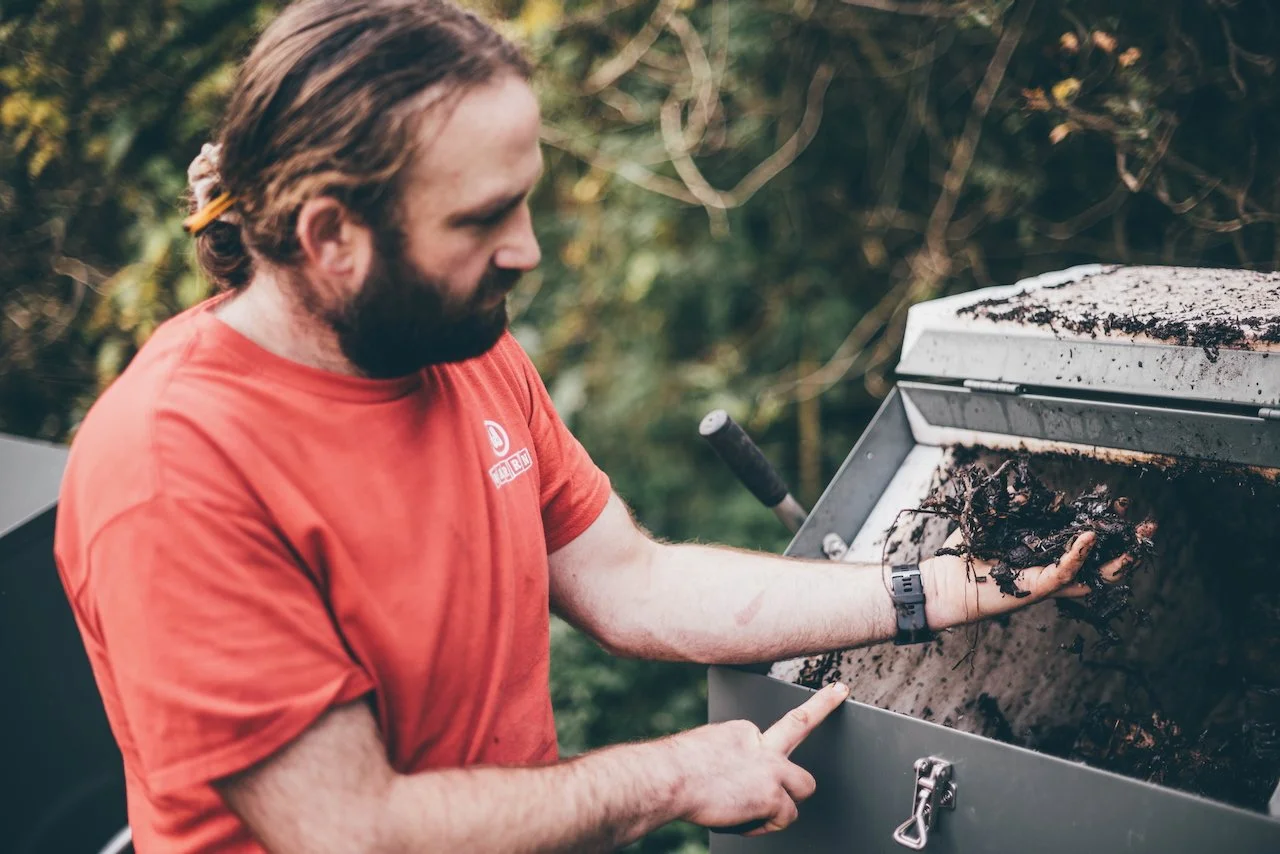Community Kitchens: A Homegrown Solution to Today’s Food, Health and Environmental Crises
In a world facing the triple threat of climate change, a public health crisis, and disconnection from nature and each other, community kitchens are emerging as unlikely yet powerful places of transformation.
These are not just spaces to share a meal. They are places where people come together to take action, rebuild skills, and reconnect.
The Problem on Our Plates
Let’s start with the food. Our diets today are often dominated by ultra-processed products. They are cheap, convenient, and engineered to keep us coming back for more. Yet research increasingly shows their role in rising rates of depression, anxiety, obesity, and chronic illness. Addictions to sugar and processed fats go far beyond the physical. They impact our mental clarity, emotional wellbeing, and capacity to focus.
Meanwhile, monocultural farming, the backbone of the industrial food system, drives environmental degradation. It strips soils, pollutes waterways, and reduces biodiversity. It is also part of why so much of our food feels so… lifeless.
At the same time, many of us have lost the ability, or the confidence, to cook from scratch. Skills once passed from generation to generation have been replaced by microwave meals and takeaway apps. Add to that a digital world that pulls our attention from the present moment and you have a society that is disconnected, overstimulated, and undernourished in every sense.
Where Community Kitchens Come In
Community kitchens are rising up to meet this moment. They offer more than nourishment. They provide belonging. They become sanctuaries from isolation. Here, strangers become neighbours, and neighbours become co-creators of something better.
In these shared spaces:
People learn to cook again, using real ingredients, grown close to home, in ways that honour both our health and the planet.
Communities find a sense of purpose, away from the addictive cycles of screens and sugar.
Elders share wisdom, from preserving to composting, weaving a fabric of intergenerational care.
People in recovery find stability, surrounded by supportive community and nourishing food.
Food waste is rescued and redirected to plates, not landfills.
Land is respected, with local produce sourced from agroecological farms that protect biodiversity and sequester carbon.
And perhaps most importantly, people feel seen. Sharing food in community, especially in a pay-what-you-can or solidarity setting, breaks down barriers of class, culture, and circumstance.
This Is About Power, Not Charity
Community kitchens do not offer charity. They cultivate agency. They remind us that food is political, that cooking is a form of resistance, and that the act of growing, preparing, and sharing food can be a radical act of care in a fractured world.
In the face of big problems, these small spaces hold big answers.
If you would like to get involved, support, or learn more about how our kitchen works to reconnect people with food, land, and each other, come visit, volunteer, or drop us a message.
Let’s cook up change, together.
Thanks for reading,
Deri Reed

